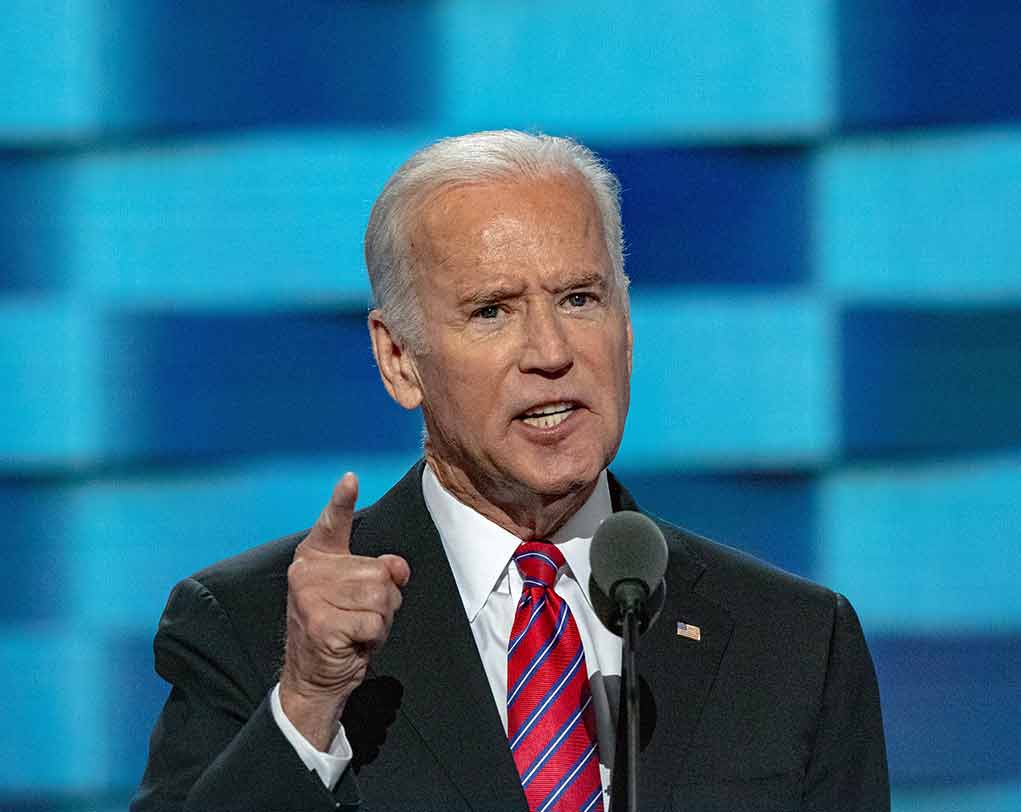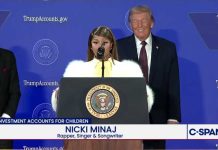
President Biden issued preemptive pardons to key figures in his final hours as president, sparking controversy and debate over their necessity and implications.
Key Takeaways
- Biden pardoned Dr. Anthony Fauci, General Mark Milley, and Jan. 6 committee staff hours before leaving office.
- He also pardoned his brothers James and Francis, along with other members of his family.
- The pardons aim to protect recipients from potential politically motivated prosecutions by the incoming Trump administration.
- Biden emphasized that the pardons do not imply guilt or wrongdoing by the recipients.
- Critics view the pardons as an admission of guilt and question their validity.
- The move has intensified political divisions and raised questions about the use of presidential pardon power.
Biden’s Controversial Farewell Act
In a bold move during his final hours as President, Joe Biden issued a series of preemptive pardons to key figures who had been targets of criticism from former President Donald Trump and his allies. The pardons, granted to Dr. Anthony Fauci, retired General Mark Milley, staff members of the House committee investigating the January 6 Capitol attack, and later multiple members of his family, have ignited a firestorm of debate across the political spectrum.
The pardons were aimed at protecting these individuals from potential politically motivated prosecutions that many Democrats feared might be pursued by the incoming Trump administration. Biden’s decision has been met with both praise and criticism, underscoring the deep political divisions that continue to plague the nation.
President Biden issued preemptive pardons to retired Gen. Mark A. Milley, Anthony S. Fauci, members of the Jan. 6 congressional committee, and police officers who testified before the panel, just hours before President-elect Donald Trump’s inauguration. https://t.co/z977wETdDq
— The Washington Post (@washingtonpost) January 20, 2025
Defending the Decision
President Biden staunchly defended his decision, emphasizing that the pardons should not be interpreted as an admission of guilt or wrongdoing by any of the recipients. In a statement regarding the wave of pardons for Fauci, Milley, and Jan. 6 committee members, Biden explained the rationale behind his actions:
“These public servants have served our nation with honor and distinction and do not deserve to be the targets of unjustified and politically motivated prosecutions.”
Less than half an hour before relinquishing his power to Trump, Biden also issued preemptive pardons for his brothers James and Francis, along with his sister Valerie, and their spouses. According to him, “Even when individuals have done nothing wrong and will ultimately be exonerated, the mere fact of being investigated or prosecuted can irreparably damage their reputations and finances.”
Reactions
Figures such as Fauci and Milley expressed gratitude for Biden’s pardons. “After forty-three years of faithful service in uniform to our Nation, protecting and defending the Constitution, I do not wish to spend whatever remaining time the Lord grants me fighting those who unjustly might seek retribution for perceived slights,” Milley said in a statement.
However, the pardons have sparked intense backlash from critics. Many view the move as an admission of guilt and have questioned the validity of the pardons. Some have gone as far as urging Trump to disregard the pardons and pursue legal action against those pardoned.
Conservative activist Riley Gaines expressed her skepticism in a strongly worded statement:
“Ask yourself this: Why would Joe Biden pardon Fauci if he wasn’t a criminal who should be locked up for his lies, negligence, & greed that killed innocent Americans? Biden was already going out in shame and disgrace, but this is a new low.”
Trump himself also reacted to Biden pardoning Fauci, Milley, and lawmakers, calling it “disgraceful” and asserting that “many are guilty of major crimes.”
Implications for the Future
As the dust settles on this controversial move, questions remain about its long-term implications. It is unclear whether the Trump administration will heed these pardons or attempt to pursue investigations or prosecutions against the pardoned individuals. The situation has raised concerns about the potential for political retribution and the use of presidential pardon power as a tool in partisan battles.
As the nation grapples with the fallout from these pardons, they may continue to be a source of intense debate and scrutiny in the coming months. The move has underscored the deep divisions within American politics and raised important questions about the balance between protecting public servants and ensuring accountability in government.
Sources
- Trump slams Biden for pardoning Fauci, Milley and Jan. 6 committee staffers in final hours of presidency: ‘Disgraceful’
- Biden pardons Fauci, Milley and members of Jan. 6 panel
- Biden preemptively pardons family members and Trump foes including Fauci, Milley and Jan. 6 committee
- President Biden pardons brother James, other relatives for unspecified crimes before leaving office




